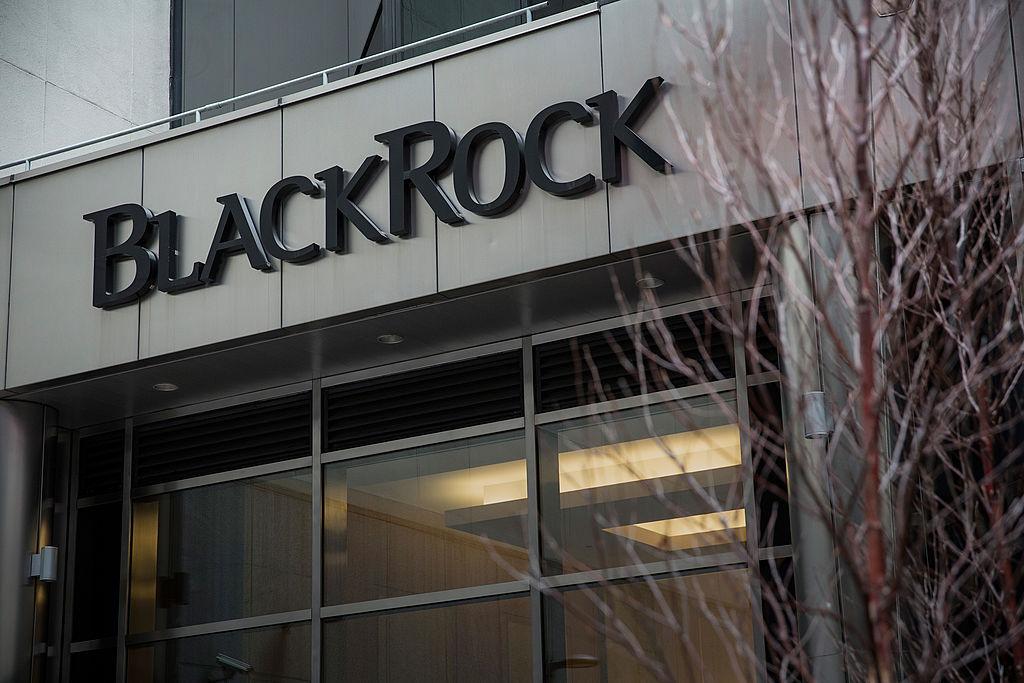BlackRock has agreed to pay $2.5 million to resolve a U.S. Securities and Exchange Commission (SEC) charge that the world’s largest asset manager failed to provide investors with accurate information about a publicly traded fund.
A BlackRock investment fund made “significant investments” in a now-defunct film distribution company called Aviron Group between 2015 and 2019, the SEC said in an Oct. 24 statement. However, the fund published annual and semiannual reports describing Aviron as a “diversified financial services” company.





